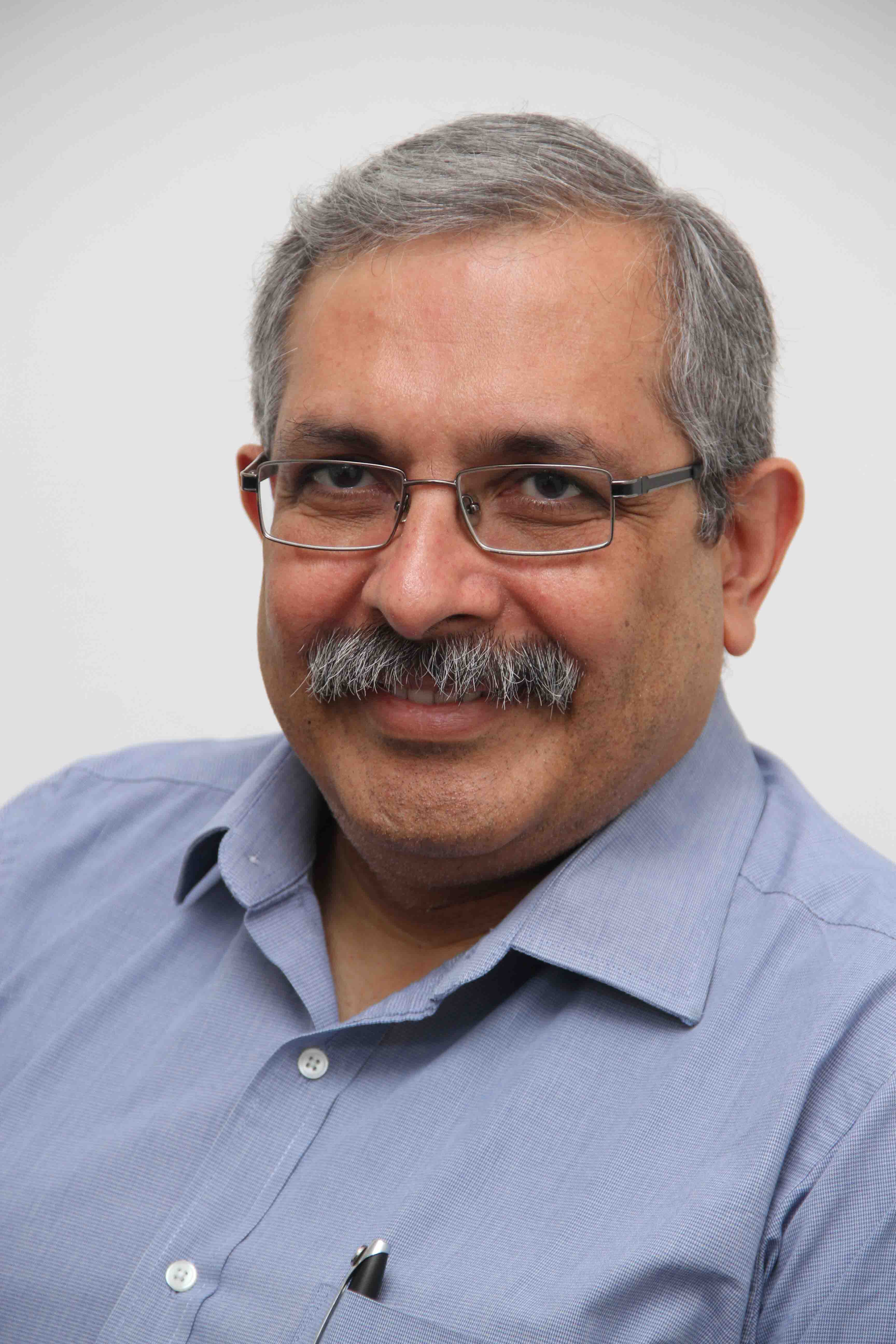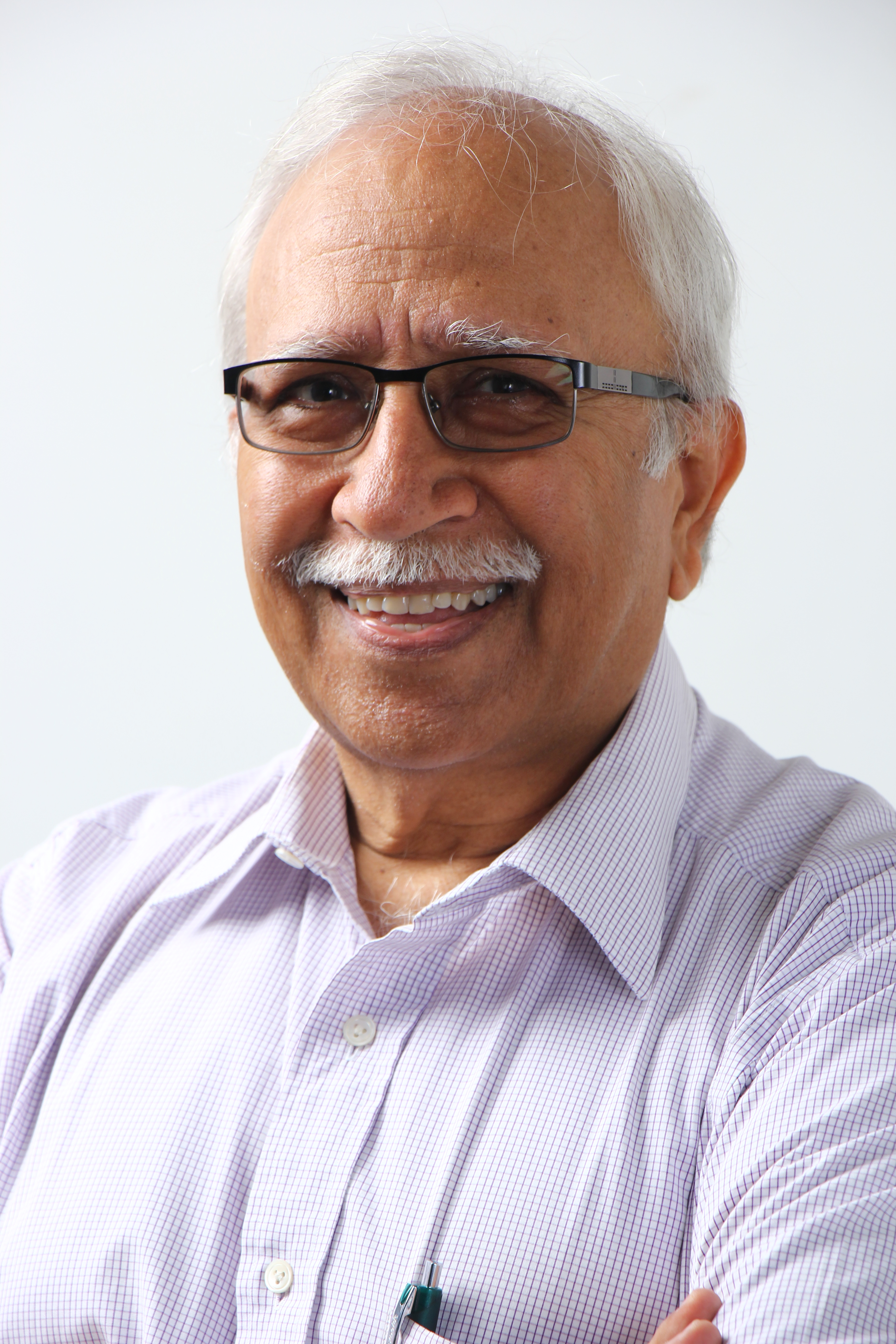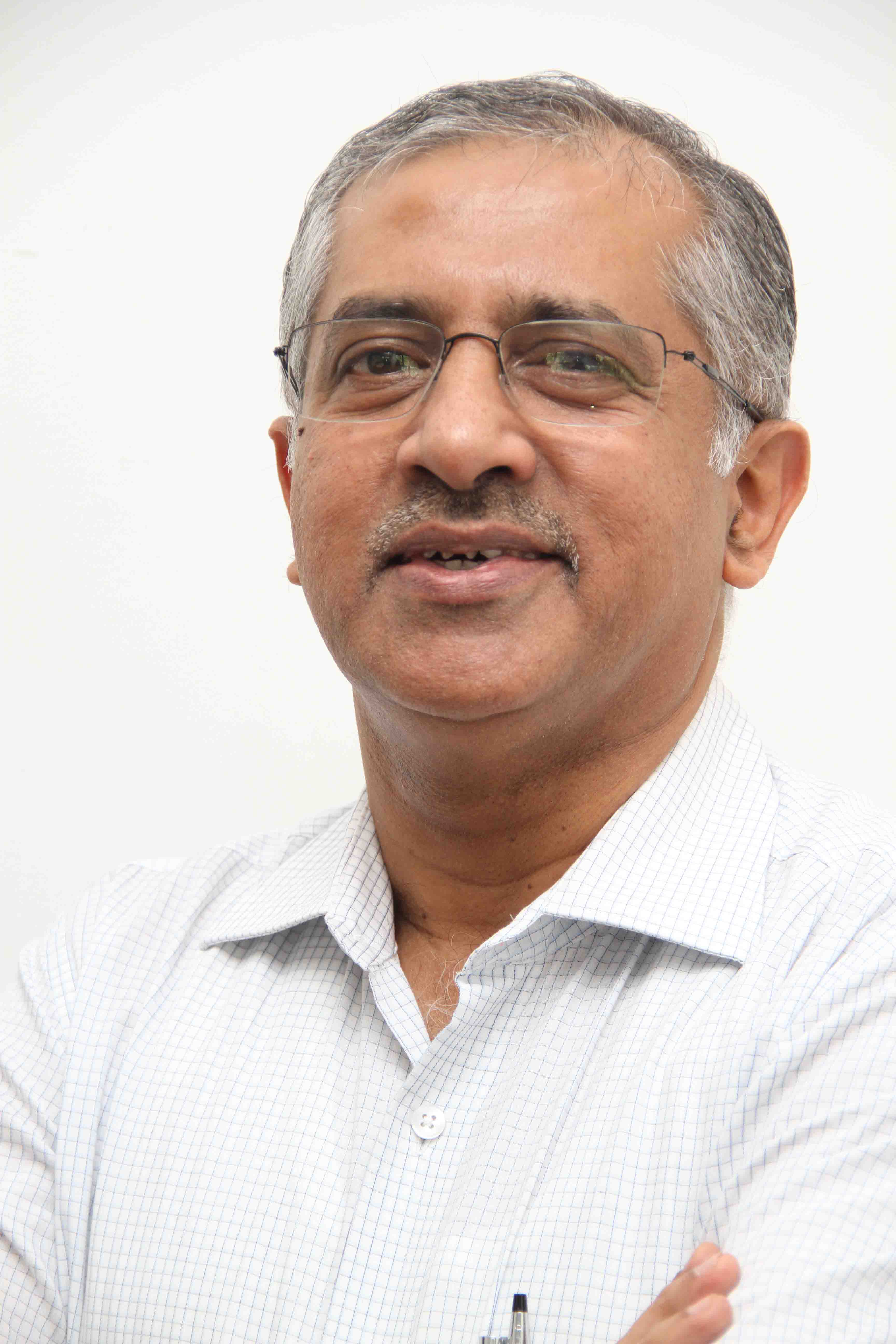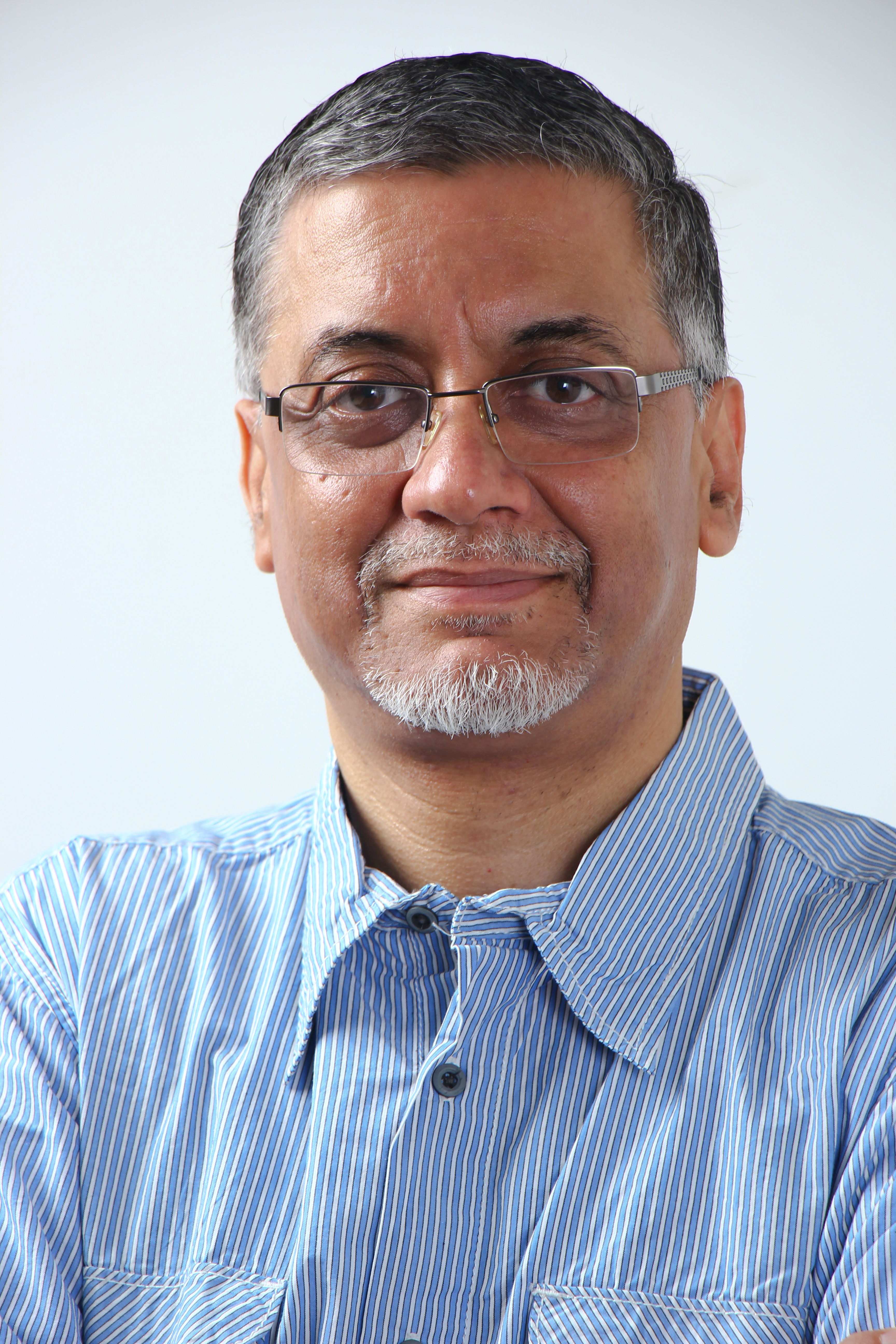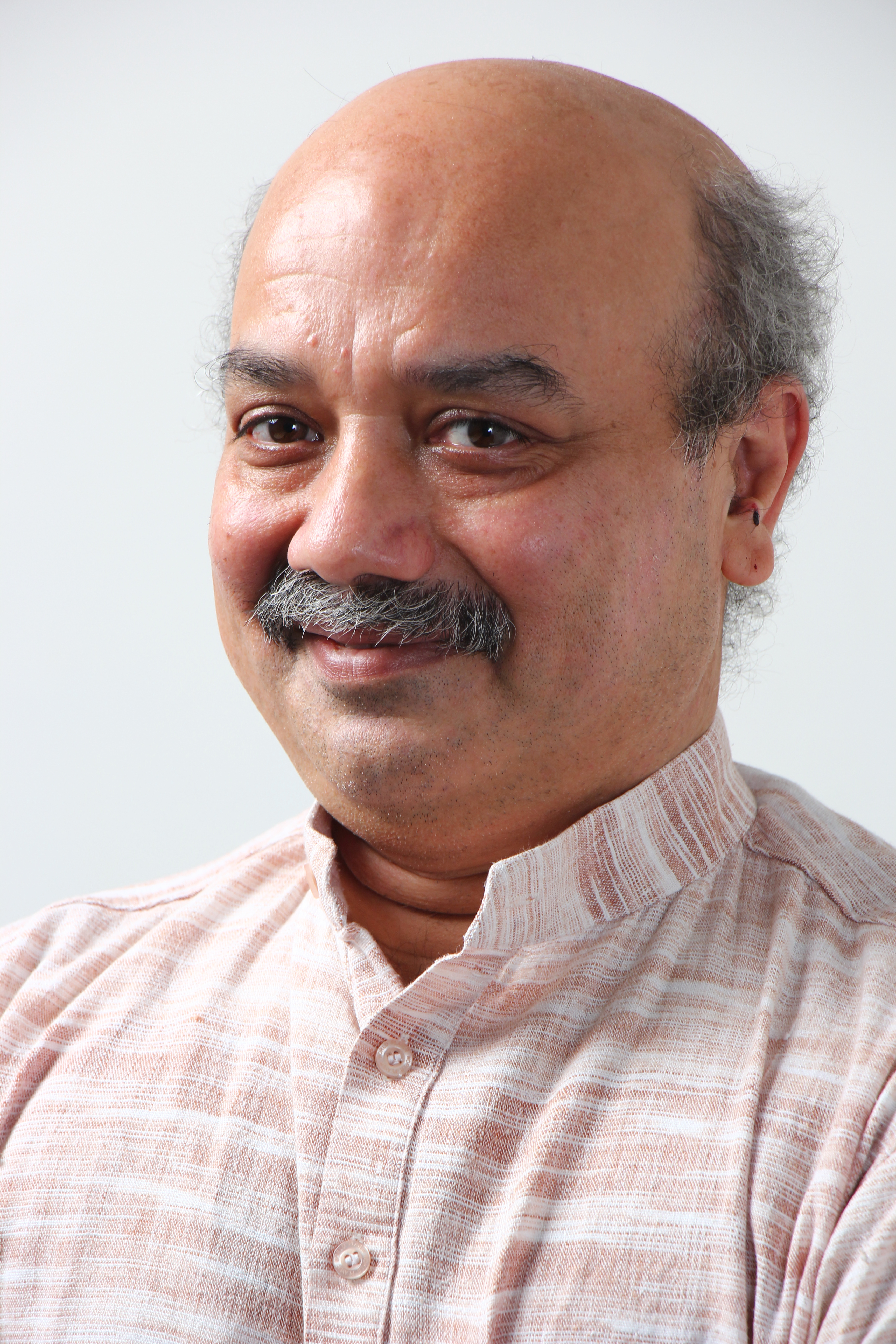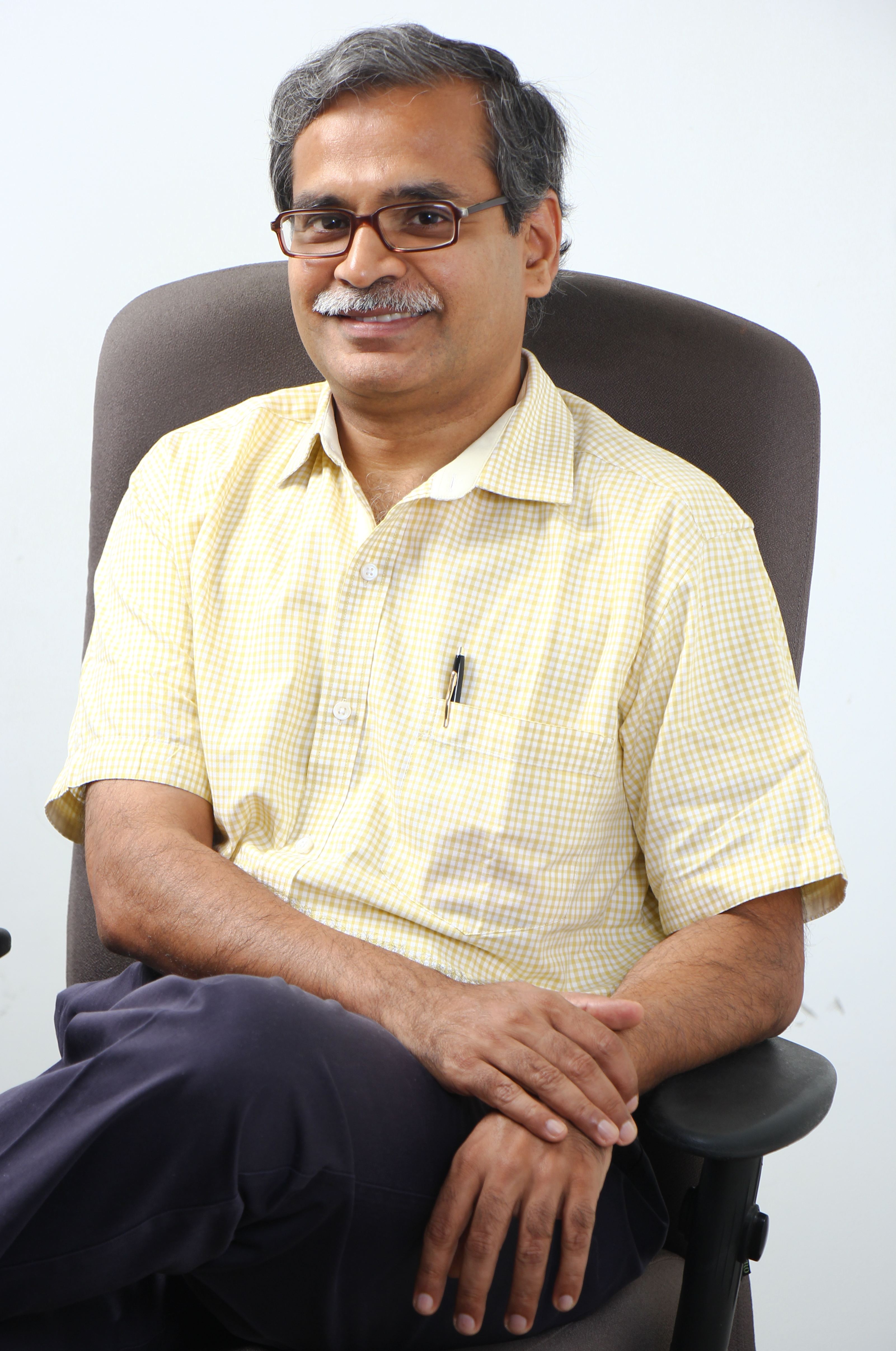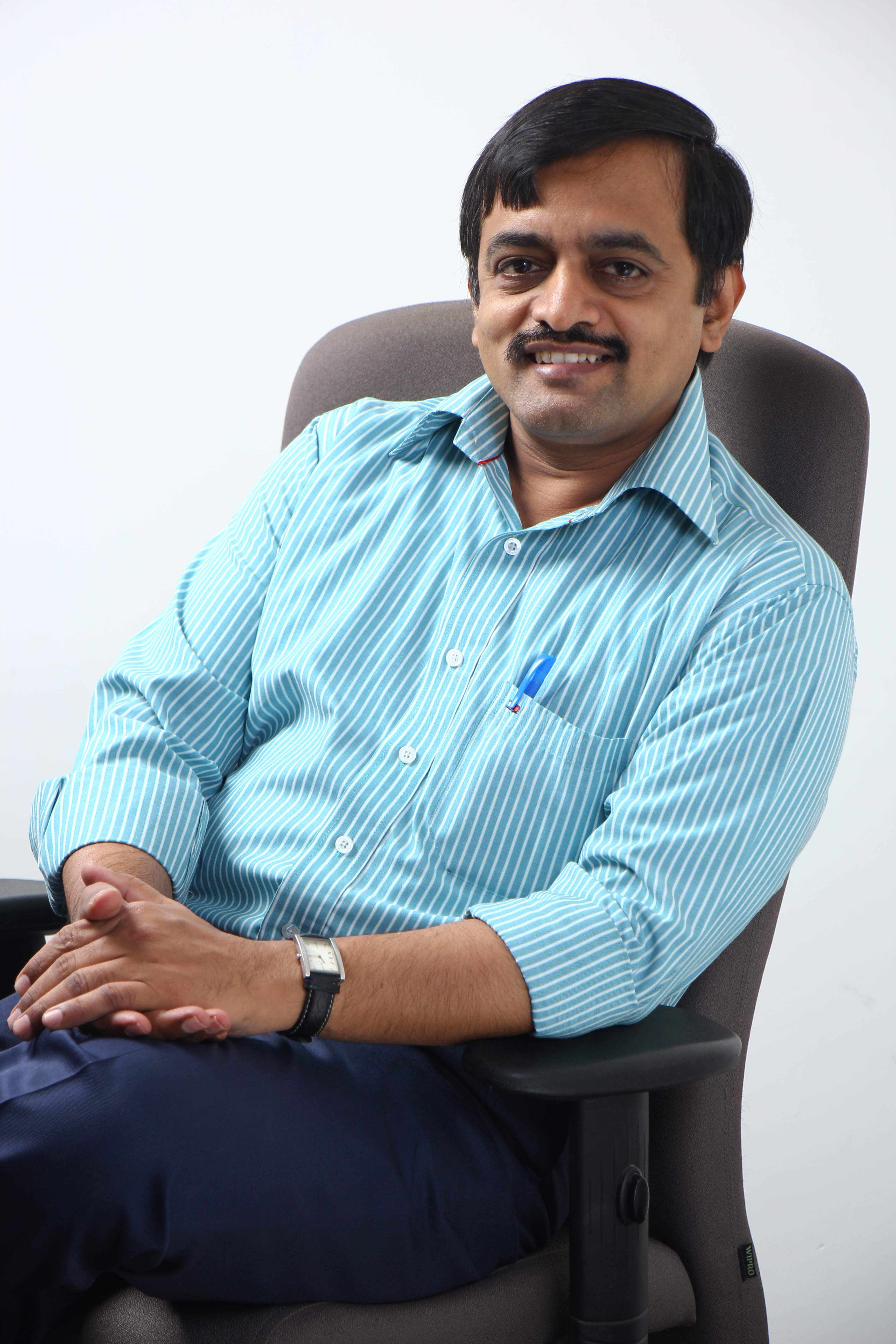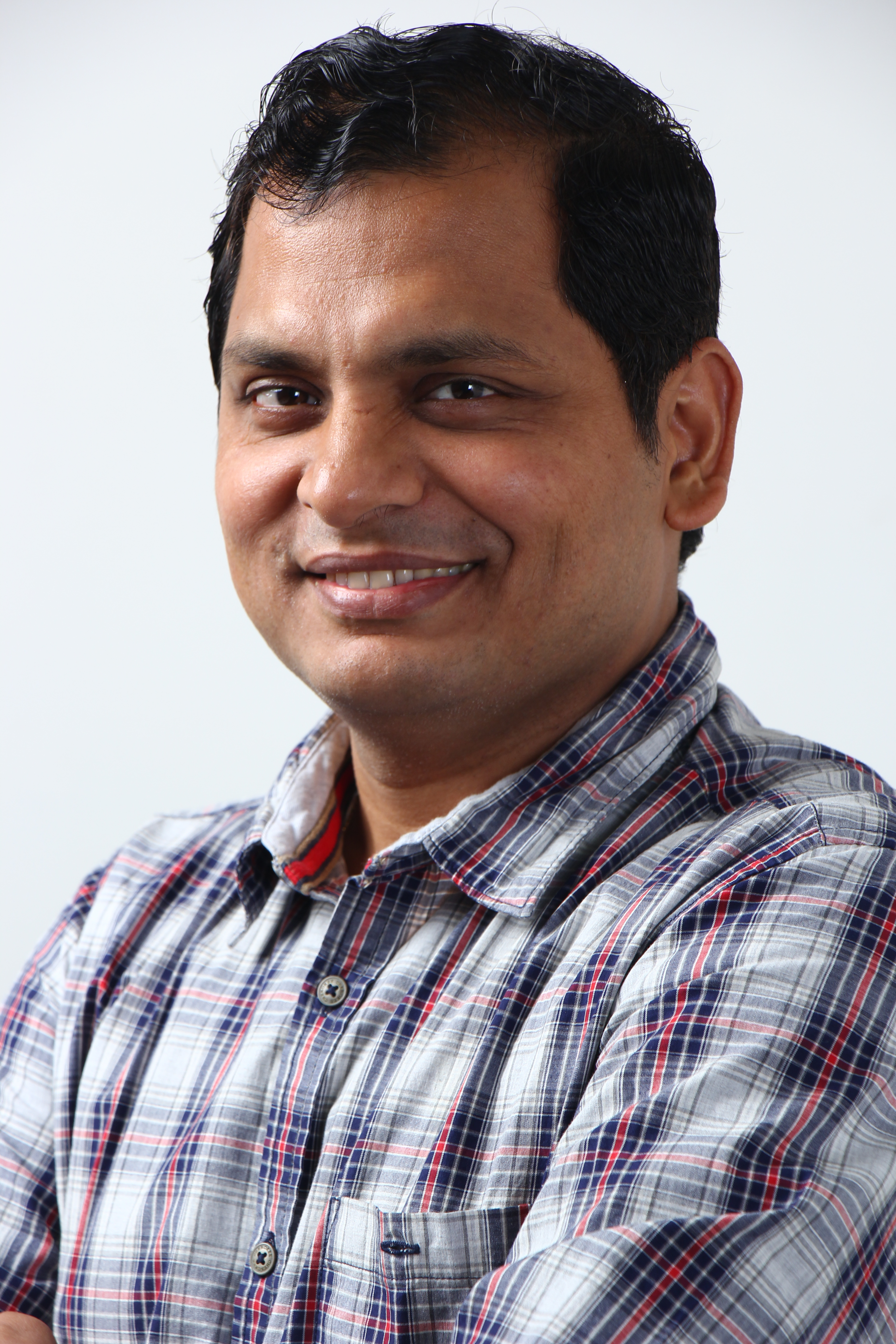The Department of Chemical Engineering at IIT Bombay was founded in 1958, initially consisting of the Chemistry and Industrial Chemistry Divisions, a structure influenced by the support the institute received from the USSR at that time. In 1964, a separate Department of Chemistry was created, allowing Chemical Engineering to evolve into an independent department. Today, the two departments—Chemistry and Chemical Engineering—are still housed in the same building.
Since the 1990s, the department has undergone significant transformation, expanding beyond traditional Chemical Engineering fields like Transport Phenomena, Reaction Engineering, Unit Operations, Petroleum Engineering, and Electrochemical Engineering. New areas such as Systems Engineering, Biochemical Engineering, Polymer Engineering, and Catalysis have been incorporated. More recently, the focus has broadened to cover various scales, ranging from molecular and process levels to entire plant operations. This shift has led to the integration of modern biology, computational chemistry, complex fluids, and nanomaterials into the department’s academic offerings.
As of 2025, the Department of Chemical Engineering is one of the largest departments in the Institute in terms of faculty and student strength and research funds received. Currently, the department has 43 faculty, several post-doctoral fellows, around 1000 students (including ~600 undergraduate students , ~100 Masters and ~250 Doctoral ), 25 supporting staff and more than 150 temporary project staff. The faculty strength has risen in the recent years with hiring in key emerging areas of chemical engineering. The department has seen a steady increase in the strength of doctoral students resulting in a vibrant research culture. This is reflected in a large output in research as seen by the publication record of the department (3.5 journal articles per faculty per year). The sponsored and consultancy projects funding is also increasing over the years with an average of about Rs. 35 lakh/faculty/year. The diverse research areas of the department, including Biological Systems Engineering, Soft Matter Engineering, Process Systems Engineering, Chemical & Electrochemical Reaction Engineering, Fluid & Granular Mechanics, and Thermodynamics & Molecular Simulations, have a strong focus in the themes relating to healthcare, energy, materials, climate and sustainability. The breadth in these topics has resulted in courses in our curriculum as well as in the continuing education programme of the institute.
We currently offer degree programmes leading to Bachelor of Technology (B.Tech), Master of Technology (M.Tech and B.Tech +M.Tech dual degree) and Doctor of Philosophy (Ph.D and M.Tech +Ph.D dual degree). Over the years, the department has produced several distinguished alumni holding prominent positions in both industry and academia.

